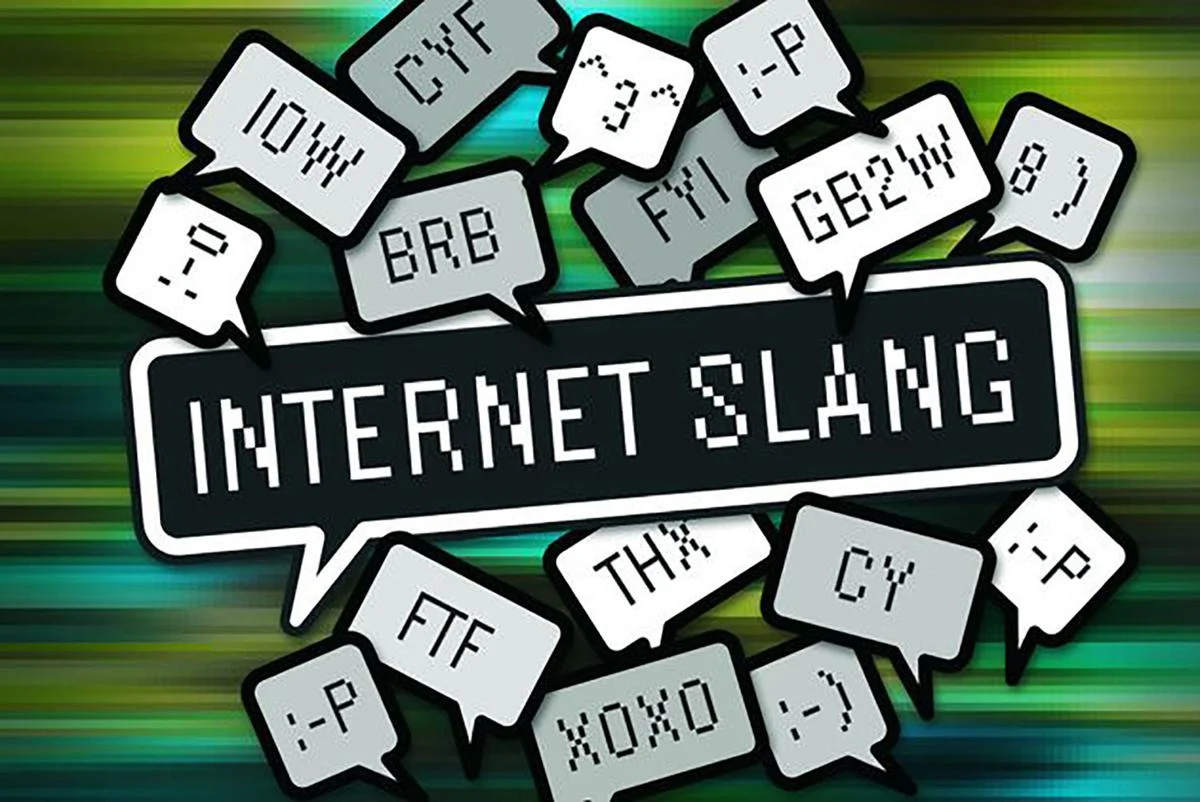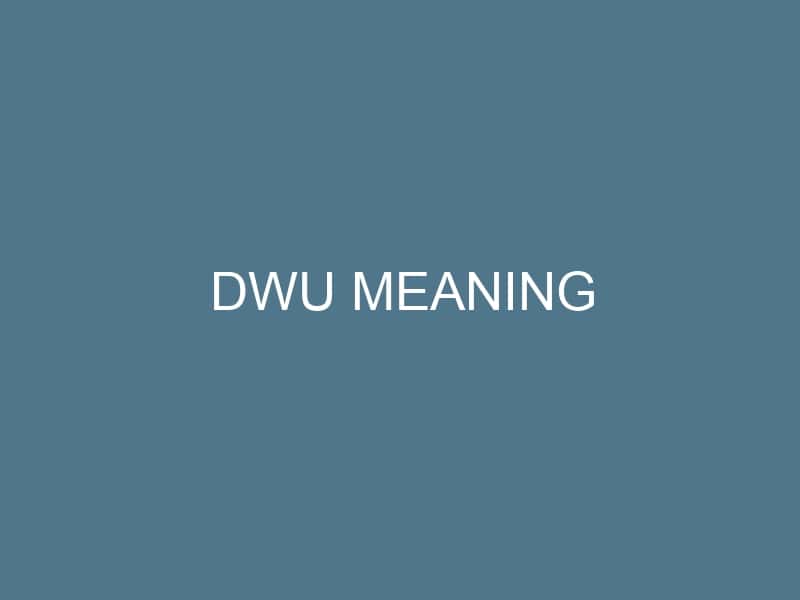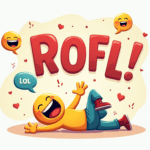In a world where digital communication reigns supreme, abbreviations have become the pillars of texting and online interactions. These concise forms of language allow for rapid exchange of information and emotions, sculpting a new vernacular that speaks volumes with minimum keystrokes. Among the plethora of abbreviations, “DWU” emerges as a term of interest, inviting us to explore not just its meaning but the implications of such shorthand in our online dialogues.
From “LOL” to “OMG,” and now to “DWU,” understanding these terms is pivotal in decoding the messages that zip through our phones and screens daily. But what exactly does DWU mean and in what contexts do we see it thrive? Let’s delve into the specifics of this modern lexicon entry.
Understanding DWU: An Exploration of Its Meaning and Online Slang Evolution
| Key Point | Details |
|---|---|
| Digital Communication | Abbreviations form the core of texting and online exchanges, allowing concise and quick information sharing. |
| DWU Meaning | DWU stands for “Don’t Wait Up,” used to indicate one shouldn’t stay awake waiting for the sender. |
| Common Uses | Often relayed to inform of late arrivals or long periods of unavailability. |
| Similar Abbreviations | Includes BRB (Be Right Back), FYI (For Your Information), GTG (Got To Go). |
| Impact of Internet Slang | Creates a new dialect, enhancing efficiency and expressiveness in digital communication. |
| Examples of Slang Abbreviations | MK (Mmm okay), TYT (Take Your Time), FR (For Real). |
| Necessity for Understanding | Keeping up to date with internet slang is crucial for effective communication in the digital age. |
Understanding internet slang like DWU not only helps us keep pace with the digital world’s communication norms but also enriches our interactions by providing quick and emotionally expressive options for conveying messages. As we continue to explore the nuances of online slang, we gain greater insight into the dynamic and ever-changing landscape of digital communication.
The Basics of DWU
At its simplest, DWU stands for “Don’t Wait Up,” a phrase used to inform someone not to stay awake waiting for the sender to return or make contact. This abbreviation mitigates the need for lengthy explanations and provides a quick sign-off during conversations.
- Common contexts where DWU is used:
- Informing family or friends of late returns to home
- Signaling long engagements that prevent immediate communication
- Similar conversational abbreviations:
- BRB (Be Right Back)
- FYI (For Your Information)
- GTG (Got To Go)
Much like other shorthand communications, DWU is a reflection of our evolving digital discourse and the necessity for brevity in our fast-paced world.
Understanding Internet Slang

Internet slang is an ever-evolving phenomenon, reshaping the way we communicate with every new generation of digital natives. The adoption of these abbreviations has made online communication more efficient and, at times, even more expressive.
The impact is substantial, creating a new dialect that can be as rich in meaning as traditional language. As these terms gain popularity, they often transcend their origins, becoming part of mainstream conversations.
- Examples of popular internet slang abbreviations and their meanings:
- MK Meaning: “Mmm okay” or just “okay”
- TYT Meaning: “Take Your Time”
- FR Meaning: “For Real”
The adaptability of internet slang is part of its charm but also what makes understanding newer terms like DWU essential for keeping up with modern communication.
Other Internet Abbreviations Related to DWU
When diving into the plethora of internet slang, DWU is just the tip of the iceberg. There are several other abbreviations that share its concise nature and are pivotal in conveying quick thoughts and sentiments online.
- Some related internet abbreviations include:
- TTM Meaning: “Talk To Me”
- ISTG Meaning: “I Swear To God”
- IHHT Meaning: “I Hate How True”
These abbreviations, like DWU, often carry nuanced undertones and are used in various conversational scenarios, emphasizing the breadth of our digital lexicon.
How DWU Fits with Acronyms in Different Contexts
Abbreviations like DWU aren’t confined to one aspect of communication; their versatility allows them to fit into multiple contexts, from casual texting among friends to more poised professional chats. However, while an acronym like DWU is colloquially accepted in informal circumstances, its place in professional environments is quite limited.
- Comparative use of DWU:
- Personal Texting: Freely used to indicate a busy schedule or an outing.
- Professional Communication: Rarely used, as more formal language is preferred.
DWU’s usage also reflects cultural relevancy and becomes part of the fabric that makes up modern communication styles, such as contextual abbreviations.
- Examples of context-based abbreviations:
- LMS Meaning: “Like My Status”
- IMU Meaning: “I Miss You”
Understanding when and how to use these abbreviations can help navigate the subtle distinctions between different communication settings.
The Role of DWU in Social Media Communication
In the realm of social media, abbreviations like DWU take on new life, helping users craft quick and trendy messages. The platforms themselves—be it Twitter, Instagram, or Snapchat—encourage the use of such shorthand for brevity and impact, especially when paired with popular features like hashtags and trends.
- Use of DWU on social media includes:
- Communicating status updates
- Conveying messages within character limits
Moreover, abbreviations often become integral to Internet phenomena, from viral hashtags to riding the wave of the For You Page on TikTok.
- Social media-driven abbreviations:
- HYB Meaning: “How You Been?”
- FYP Meaning: “For Your Page” (specific to TikTok)
The use of DWU and related abbreviations in these digital spaces serves not just as communication tools but also as important identifiers of community and subcultural belonging.







